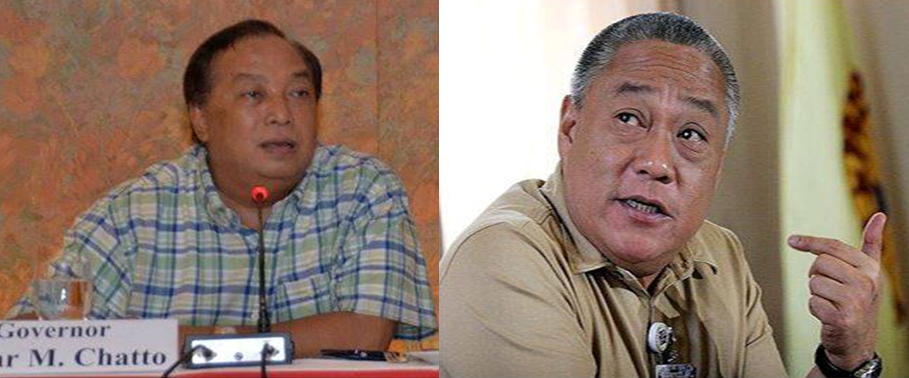
Sustaining Central Visayas’ record economic growth and anti-drug crackdown are core concerns in the first joint meeting of the Regional Development Council (RDC) and Regional Peace and Order Council (RPOC) since May 9 elections.
Bohol is hosting the meeting led by Gov. Edgar Chatto, chairman of the RDC, and Cebu Gov. Hilario Davide III, chairman of the RPOC, at the Bohol Cultural Center here on Wednesday.
With the national leadership transition, the two influential regional bodies are expected to formalize support for the incoming administration of President-elect Rody Duterte.
Region 7 has to keep or up the momentum of its nine percent (9%) economic growth average in the last five years as leaders see the regional development framework consistent with Duterte’s economic agenda.
The performance of Central Visayas comprising Bohol, Cebu and Siquijor provinces is the region’s highest average ever in a five-year period after the president-elect’s very own Davao Region and Central Luzon.
Inclusive of this period since 2010 have been Chatto’s running three years of chairmanship of the RDC, according to the National Economic and Development Authority (NEDA).
Presided over by Davide, the RPOC, on the other hand, may endorse the creation of a regional inter-agency anti-drug task force aligned this early with Duterte’s tough agenda ending the drug menace in the country.
The concept was first presented in a Bohol inter-agency meeting called by Chatto and supported by the Provincial Peace and Order Council (PPOC) chaired by him.
This followed the creation of Bohol’s integrated provincial Joint Task Force Dagon, which also taps military services in the campaign against drugs and other crimes.
Chief Supt. Patrocinio Comendador, Jr., regional director of the Philippine National Police (PNP), will present in the RDC-RPOC meeting the latest regional crime situationer, with emphasis on the recent successful police operations felling suspected high-level drug traffickers.
During his regular forum with the media on Friday, Chatto again commended the police accomplishments owing to the collaboration in the heightened anti-drug combat in the region, including Bohol.
The governor also thanked Sr. Supt. Dennis Agustin, PNP-Bohol chief, for his record crime-busting stint, especially in the fight against drugs, amid the possibility of the “overstaying good police officer†being promoted and pulled out.
Chatto reported the upgrading of the PNP Special Weapons and Tactics (SWAT) base in Inabanga which has coordinated in regional command operations in Bohol, especially in Second District islands which are drug entry or transshipment points.
The proposed more unified approach to stamping illegal drugs out intends at its core to cut and vanish supply and demand at all fronts as well as effecting strong prosecution of drug cases.
This is while enforcing a truly active, serious and sustained anti-drug abuse information and education drive.
To complement with its combative anti-drug agenda, the government is evaluating its development policies that recognize the allure of easy drug money as an ugly indication of the lack of economic access.
GREATER GOOD FOR
GREATER NUMBER
Policy makers believe that to sustain the gains, socio-economic development programs and projects ought to be far reaching out and sustainable for greater impacts on the greater majority.
It is needed to keep the growth impulse in the region, even hitting a much vibrant target with keener focus on further reducing poverty and achieving substantive inclusive growth, according to the NEDA.
But it is critical as well to investigate which sectors and subsectors benefit much from what major and specific economic growth areas, Chatto said.
The growth of Central Visayas’ gross regional domestic product (GRDP) has also ranked among the highest in the country which has 17 regions.
The GRDP is the total income from the regional economy’s three major sectors—industry, services and agriculture—the latter despite being affected by El Niño.
Chatto said the RDC is to pursue mechanisms further helping the agriculture sector recover from El Niño losses while ensuring mitigation against the forecast transition from phenomenal dry spell to its perfect opposite, the La Niña. (ven rebo Arigo)
